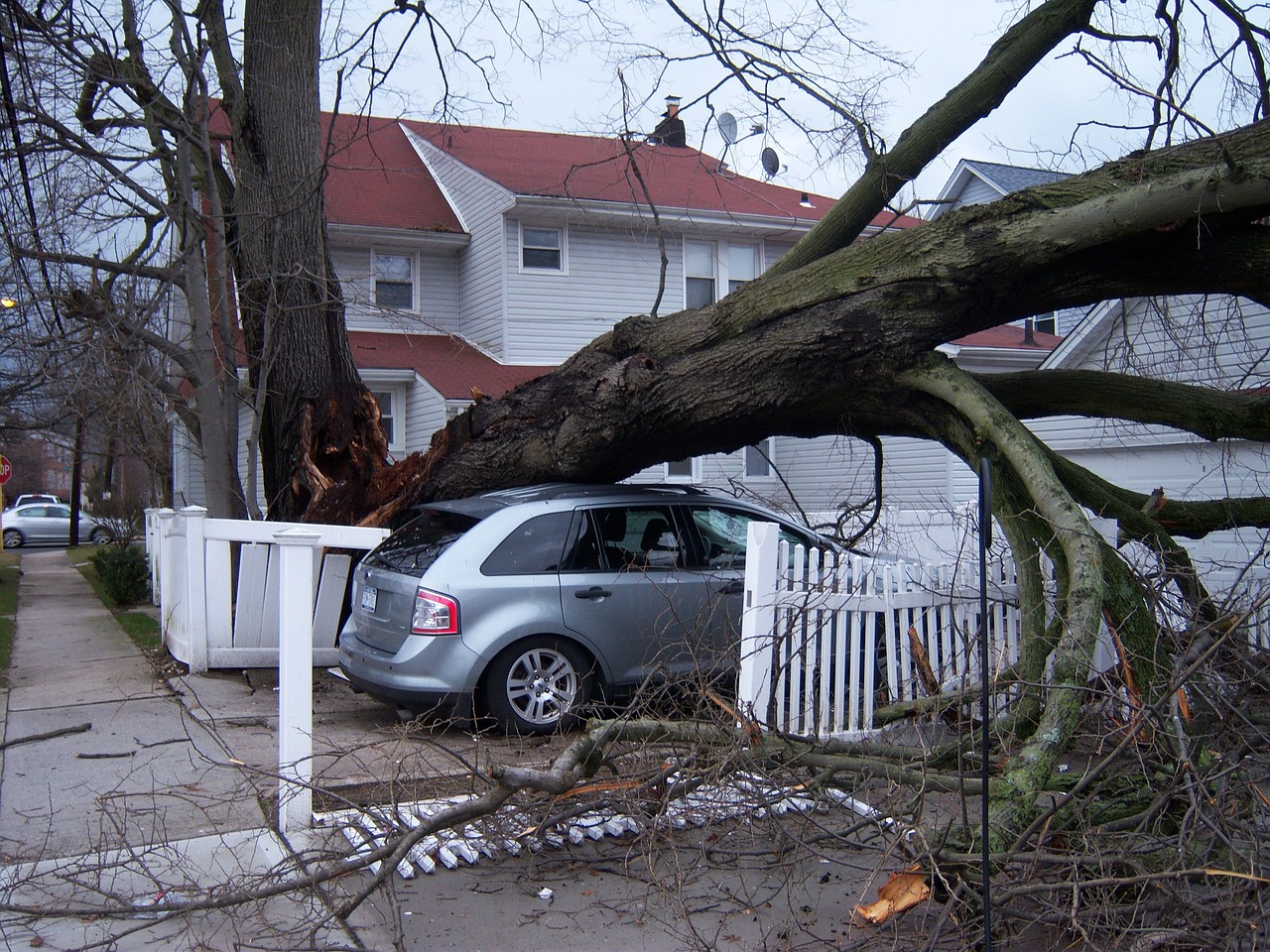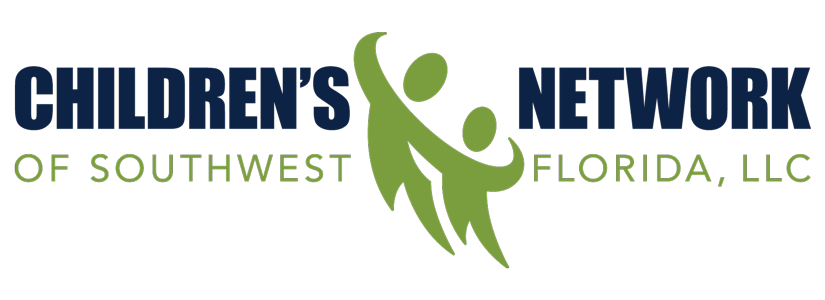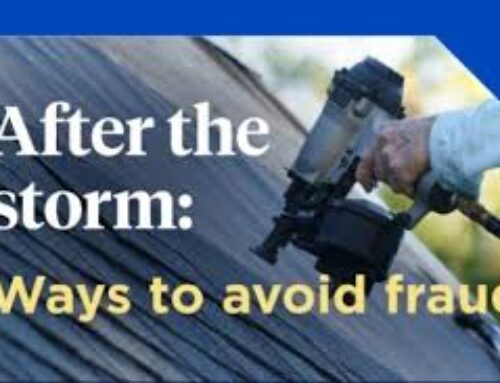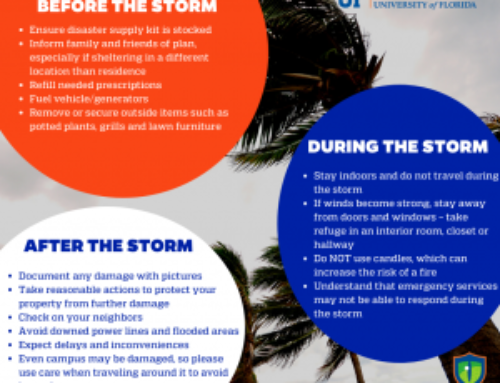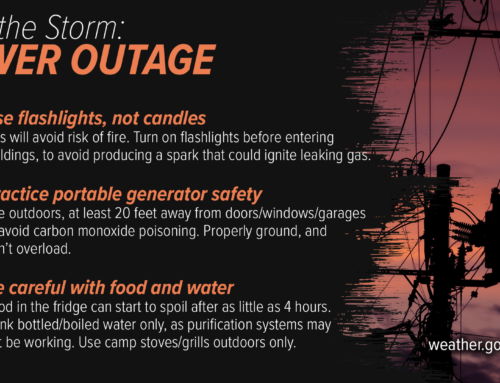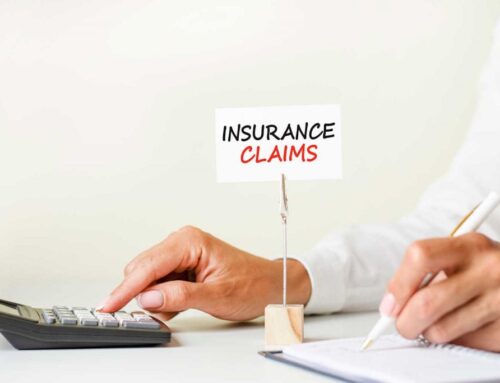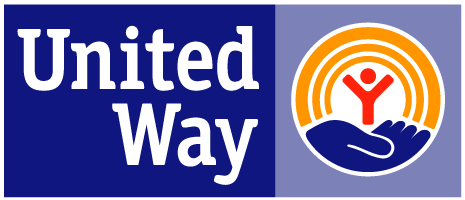In times of disaster, being well-prepared is crucial for the safety and well-being of you and your loved ones. Below is an enhanced version of your preparation checklist with some additional information and modifications to consider:
1. Important Contact Information and Documents:
- Family, school, work, and doctors’ contact information, including phone numbers and email addresses.
- Make digital copies of important documents (insurance policies, bank account records, birth and marriage certificates) and store them securely online or in a password-protected USB drive.
- Copy of Will.
- Credit Cards, Insurance Cards, passports.
- It’s recommended to keep physical copies of vital documents in a waterproof portable container.
2. Medications and Medical Supplies:
- Ensure you have a supply of prescription medications that can last more than a week.
- Include photos or copies of prescription labels.
- Extra eyeglasses/contact lenses and cleaning solutions.
- Hearing aids with extra batteries.
3. Financial Preparedness:
- Keep a reasonable amount of cash on hand, as banks and ATMs might be inaccessible during disasters.
- Carry credit cards but be aware that electronic payment systems might be disrupted.
4. Food and Water Supplies:
- Store at least a 3-day supply of non-perishable food and water per person for evacuation purposes.
- Have a 2-week supply of food and water for home use.
- Include a manual can opener for canned food.
- Store infant formula, diapers, soap, and disinfectant/sanitizer.
5. Hygiene and Sanitation:
- Keep a sufficient supply of toilet paper, paper towels, and personal hygiene items.
- Maintain a bucket with a tight-fitting lid for emergency toilet waste.
- Pack towels, rags, liquid bleach, and other cleaning supplies.
6. Shelter and Comfort:
- Sleeping bags, blankets, pillows, and sturdy shoes.
- Folding chairs, rain gear, and appropriate clothing for changing weather conditions.
- Entertainment items like books, puzzles, games, or toys for children.
7. Pet Supplies:
- Collar, leash, identification, food, carrier, and bowls for pets.
- Veterinary records.
- Service animal ID with Proof of ownership.
8. Emergency Contact Information:
- FEMA Fraud Hotline: 866-720-5721
- Report False Claims: 800-323-8603
- Attorney General’s Price Gouging Hotline: 896-966-7226
- FEMA Helpline: 1-800-621-3362
- Red Cross Helpline: 1-800-733-2767
- United Way: 211
- Local Emergency Operations Centers’ contact numbers.
9. Additional Resources:
- Check myfloridacfo.com for assistance with banking and insurance concerns during storms.
- Visit fmo.org for hurricane safety information, especially for manufactured homeowners.
- If using a generator, take precautions against carbon monoxide poisoning and consult the generator company for safe placement.
Remember, regular updates and reviews of your disaster preparedness plan are essential to ensure your readiness in times of crisis. Stay informed about your local area’s disaster response and evacuation plans as well.
